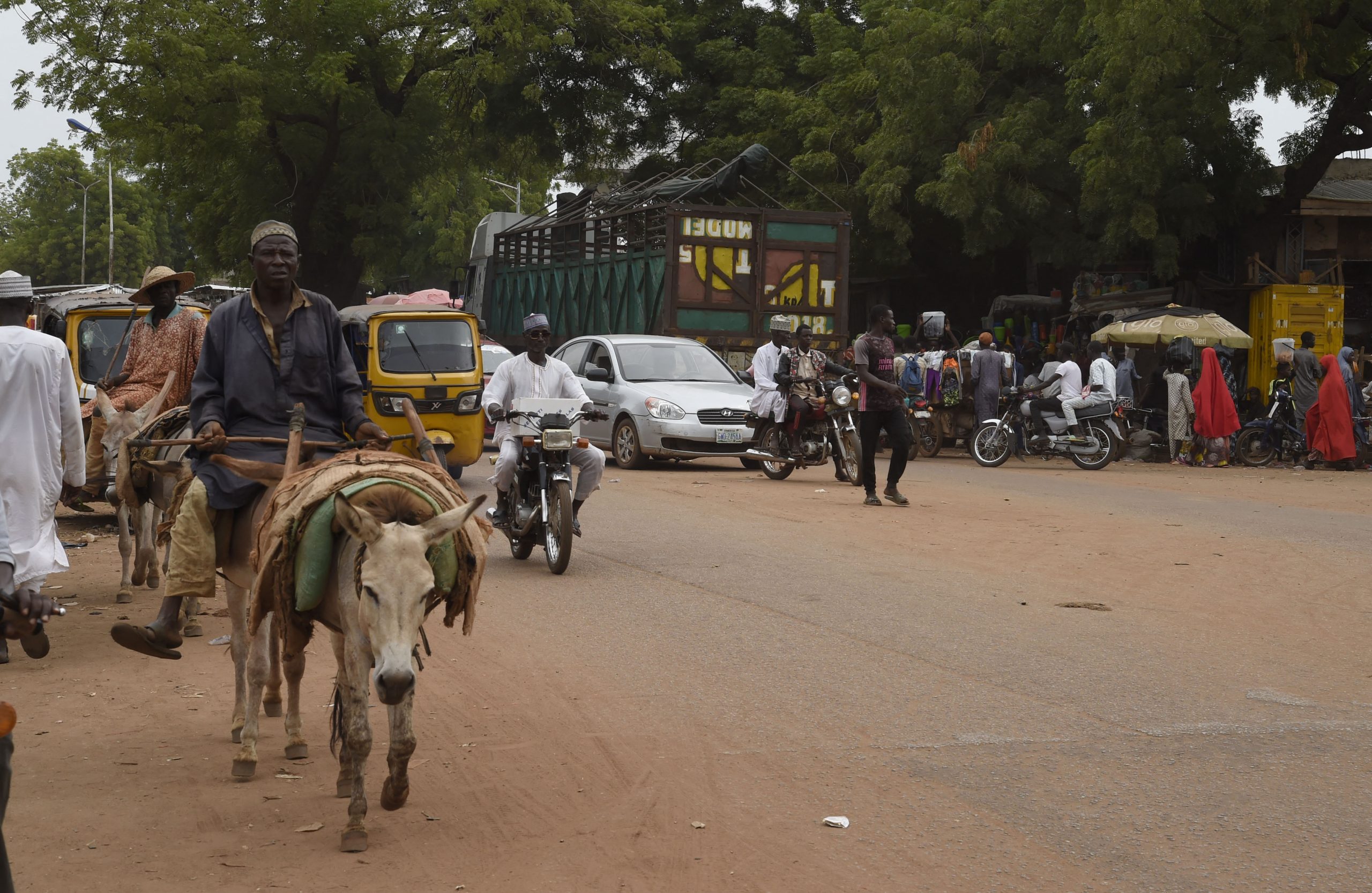
• Development only panacea for security, peace, Buratai insists
• Govt strategies responsible for reduction in Benue farmers, herders’ crisis, says NHRC
Islamic clerics, including Imams and other Muslim scholars in Kaduna State, have urged the Federal Government to declare state of emergency in North-West and Niger State to end security challenges in the troubled zone.
The religious leaders implored the government to tackle the menace with a view to arresting banditry in the region through a holistic and an all-encompassing approach.
In a communique signed by Shaykh Ibrahim Nakaka, Chairman and Dr. Yusuf Yakubu Arrigasiyyu, Secretary-General, Council of Imams and Ulama Kaduna State, which is the umbrella body of all Imams and Ulama in the state irrespective of their sects and intra-religious affiliations, said it held a three-day leadership training programme for Imams of Juma’at Mosques from December 18 to 21, 2021 at the Jama’atu Nasril Islam National Headquarters, Kaduna.
“The Federal Government is advised as a matter of urgency to recall and reengage discharged military officers with the requisite expertise and combatant experience to support the existing military officers in engaging bandits and Boko Haram.
“The Federal Government should as a matter of urgency develop various mechanisms of identifying and dealing with saboteurs among the Nigerian security agents.
“Communities in Nigeria should begin to develop strategies and mechanisms of protecting themselves against terrorists, bandits and other criminal elements.
All Imams should follow the directive of the Sultan of Sokoto as regards the recitation of special prayers in all their regular prayers,” the communiqué stated.
In another development, Nigeria’s Ambassador to Benin Republic, Lt.-Gen. Tukur Buratai (rtd), yesterday stressed the need for research and policy development in the country.
He noted that there could be no real development without security and peace, while also advocating economic opportunities, equity and justice for security and peace to exist, which in turn, would serve as the foundation or pillars of development.
The envoy, who made the appeal at the groundbreaking of Tukur Buratai Research Centre (TBRC) in Keffi, Nasarawa State capital, canvassed for strong and innovative think-tank for the growth and development of Nigeria.
Buratai, while explaining that TBRC would fill the vacuum in the area of research and policy development, said that his passion for human capital development was borne out of his genuine desire to give back to the system and contribute his own quota.
He noted that development in every sector of the country should not be left alone for the government, adding that all hands must be on deck if the country would achieve the Eldorado it craves for.
MEANWHILE, the Federal Government yesterday said it was able to reduce the fatality of the farmers and herders crisis in Benue owing to a strategy designed to identify the root cause.
It said part of the strategy was to identify early warning issues that sparked off the quarrel and deal with them.
Executive Secretary of the National Human Rights Commission, Tony Ojukwu, said this at a launching of a report on Integrated Approach to Building Peace in Nigeria’s Farmers/Herders crisis Project in the Middle-Belt.
He said the project was one of the interventions the commission had taken up with the Office of the High Commissioner for Human Rights (OHCHR) in the Middle-Belt to mitigate the vulnerability of the people and ensure peace-building among the communities as well as monitor reportage of extra-judicial killing by state and non-state actors.



